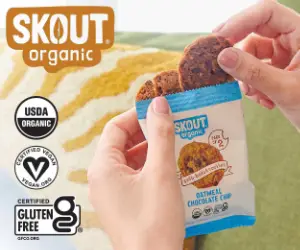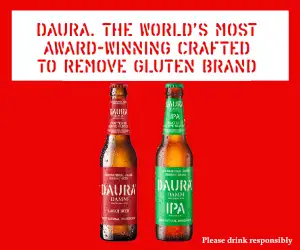-
Welcome to Celiac.com!
You have found your celiac tribe! Join us and ask questions in our forum, share your story, and connect with others.
-
Get Celiac.com Updates:Support Our Content
Toilet Paper And Paper Towels
-
Get Celiac.com Updates:Support Celiac.com:
-
Recent Activity
-
- dixonpete commented on dixonpete's blog entry in Pete Dixon2
-
- trents replied to jlp1999's topic in Celiac Disease Pre-Diagnosis, Testing & Symptoms5
Awaiting diagnosis
I would ask for a total IGA test (aka, Immunoglobulin A (IgA) and other names as well) to check for IGA deficiency. That test should always be ordered along with the TTG IGA. If someone is IGA deficient, their individual celiac IGA test scores will be artificially low which can result in false negatives. Make sure you are eating generous amounts of gluten... -
- jlp1999 replied to jlp1999's topic in Celiac Disease Pre-Diagnosis, Testing & Symptoms5
Awaiting diagnosis
There was not a total IGA test done, those were the only two ordered. I would say I was consuming a normal amount of gluten, I am not a huge bread or baked goods eater -
- trents replied to jlp1999's topic in Celiac Disease Pre-Diagnosis, Testing & Symptoms5
Awaiting diagnosis
Were you consuming generous amounts of gluten in the weeks leading up to the blood draw for the antibody testing? And was there a Total IGA test done to test for IGA deficiency?










Recommended Posts
Archived
This topic is now archived and is closed to further replies.